There’s a lot to know and a lot to think about when it comes to purchasing your first home. Today, we sat down with our Sales Associate, Liam, (who just happened to have just purchased his first home – exciting!), to run through some of the questions that pondered his mind when he first started looking, to unpack and understand the process, and to make it seem somewhat less daunting.
How do I determine my budget?
“If you’re addicted to realestate.com like the average human, then you’ll probably have an idea of the area you’d like to buy into, the size of the property and the average price associated respsectively. While the current condition of the property market remains as a sellers market, it’s important to make yourself known to local agents in the area you’re looking to buy in, as often they’ll have off-market opportunities.”
How much of a deposit should I save?
“The recommended deposit amount for a first time home buyer is roughly a minimum of 10%, however, obviously the higher the deposit, the better. Some lenders allow you to borrow when you have saved a 5% deposit but they may make you pay other charges such as lenders mortgage insurance. If you can save say a 20% deposit, the bank may offer you a better interest rate because you are less of a risk to them. You will also avoid paying lenders mortgage insurance because your loan to value ratio is 80% or less.
20% can seem like a lot, especially if you’re looking at purchasing a home from $500,000, as this quickly becomes a $100,000+ deposit, thus it is advisable to begin saving for your deposit as soon as practically possible. I started by working backwards by setting a minimum realistic time frame to save this amount, and determined how much I needed to consistently save each month to achieve this. To eliminate any unnecessary spends, look at where your money is going month-by-month, and assess any underlying debts or expenses.”
What does my mortgage broker need from me?
“Once you find a Mortgage Broker to represent you, having your documents in order will help the both of you get off to a better start. These consist of the following:
- Current employment contracts outlining the terms of employment, salary, commissions, bonuses and any other additional monies that contribute to your earnings
- Bank statements
- Employment payslips
- Identification – Passport, Driver’s License, Medicare etc.
- The budget you’re looking to spend
- Details of any personal debt
Once the above has been received, your Broker will be able to determine your estimated borrowing amount.”
What other options do I have for lending?
“As a first time buyer, you do have a couple of options to assist in your savings:
First home loan deposit scheme:
This is an Australian Government initiative to support eligible first home buyers purchase their first home sooner. There are roughly 10,000 spots available each year across the whole of Australia, so the scheme is very competitive. Essentially, how it works is the National Housing Finance and Investment Corporation (NHFIC), guarantees your Participating Lender a percentage of your home loan, enabling you to purchase a home with a deposit as little as 5%, without having to pay Lenders Mortgage Insurance or Low Deposit Premium. Through this, the NHFIC then provides a guarantee to the lender covering up to 15% of the property’s value.
If your home loan is covered by this scheme, you can also have access to other government run programs such as the Australian Government’s First Home SUper saver Scheme, Home Builder Grant, or First Home Owner Grant.”
What are the standard types of home loans?
“There is a wide variety of home loans to explore, but the main three are as follows:
- Fixed Home Loan – The interest rate on this loan is fixed for a certain period – usually 1-5 years. When that period finishes, you may opt for another fixed rate period. The benefit of this loan is you have the certainty of knowing exactly how much your repayments will be. The downside of this is you won’t reap the benefits of lower repayments if interest rates fall.
- Variable Home Loan – Your repayments vary depending on when the interest rate rises and falls. If rates go up, your repayments will too, if they go down, so will your repayments. A benefit of a variable home loan is that you’re able to make extra repayments without cost, so you can pay off your loan quicker. You also have the option of a 100% offset which is an account that offsets your loan balance, which may reduce the amount of interest you pay on your loan.
- Split Home Loan – If you like the certainty of fixed repayments, but also want features like a 100% offset, then a split home loan is for you. Here, you will have two smaller loans equaling your total loan amount. If interest rates rise, you’ll be better off than if you’d taken out a variable rate loan only. If they were to fall, you’re better off than if you’d gone with a fixed.”
